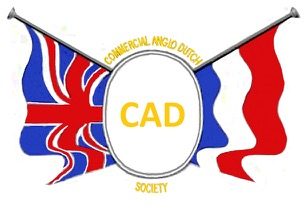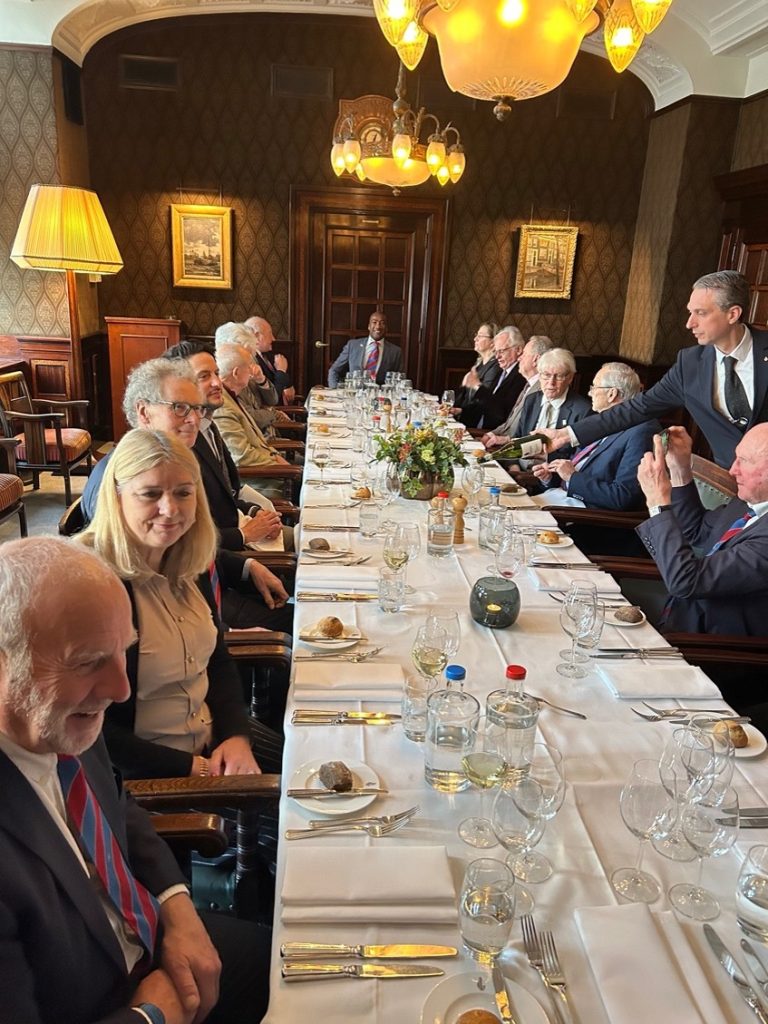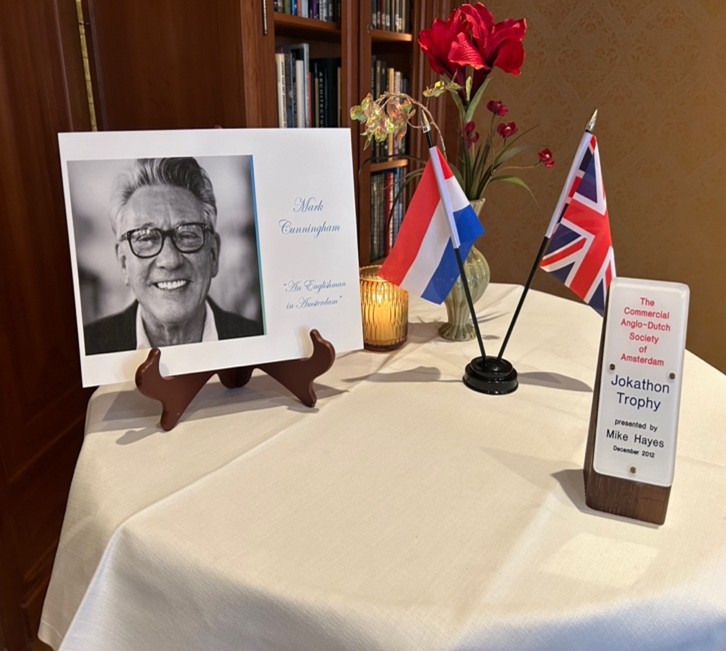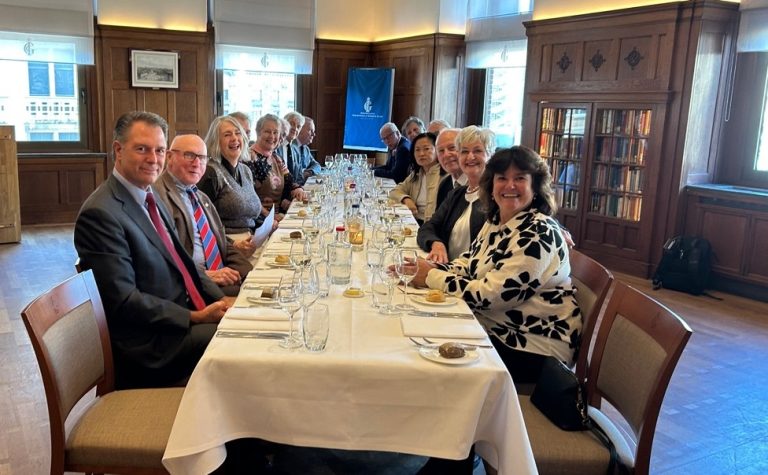Our guest speaker for the February CADS lunch was Marti Sijthoff from the European Leadership Platform. The platform offers leaders and leadership experts the opportunity to engage in Roundtable dialogues with their peers.

 Much has been said about the difference between dialogue and debate. As we proved during in this lively…well, was it dialogue or debate?
Much has been said about the difference between dialogue and debate. As we proved during in this lively…well, was it dialogue or debate?
There was a suggestion that the British prefer debate and the Dutch dialogue. There was a hint in the air that dialogue was somehow superior. It was pointed out, however, that debate was the foundation of British democracy.
During political elections to win over voters it is interesting to note that debate is used with the opponents, but dialogue is used with voters.
The Origin of the Words:
DebateOur modern civilizations have been built on thousands of years of cultures, wars, changes and innovations. Romans, who already elected senators, used debates in the senate. Debate comes from Latin “De” meaning down and “Battuere” meaning fight and they excelled at intrigues and debating opposed ideas and beliefs. They were conquerors and mistrust was current within these powerful people.
DialogueThe Greeks invented philosophy and were far more advanced in innovating, literature, astrology and other human sciences. They used “Dialegein” which means discussing. Dialogue comes from Latin “Dialogus” which itself comes from Greek “Dia” meaning more and “Logos” meaning speech. Greeks had a culture of dialogues which pushed philosophers to talk among themselves and accept other points of view.
“In dialogue, the goal is changed from conquering to growing; from silencing to knowing; from telling to asking.” Dr Keith Suter.
Today’s applications:Both means of communication have advantages and problem characteristics depending on the situation in which they are used.
Debate tends to have two sides with strong convictions. Each side will try its best to convince the other side or third party by using arguments. They will never agree with each other and it is the strongest who wins people over to their cause. This is used during political election to win over voters.However it is interesting to note that debate is used with the opponents, but dialogue is used with voters.
“True dialogue is not a life jacket when the boat is sinking. It is the boat itself and the very careful crafting required to hold it together when the storm of diversity inevitably crashes it about.” Carolyn Schrock-Shenk
Dialogue is a discussion between people whose role is not to be right or to win over third party. Sharing, understanding, proposing and evaluating ideas and options are very common in dialogues and usually ends up with much more productive solutions for innovation. This means of communication should be used in businesses for which finding solutions and ideas are an absolute priority. Combining strength and brain power will always lead to improvement and usually much faster.
|
A COMPARISON OF DIALOGUE AND DEBATE |
||||||||||||||||||||||||||||||
Adapted from a paper prepared by Shelley Berman, which was based on discussions of the Dialogue Group of the Boston Chapter of Educators for Social Responsibility (ESR). |
||||||||||||||||||||||||||||||
|
Prepared for the Local Libraries: Global Awareness Project, a |



